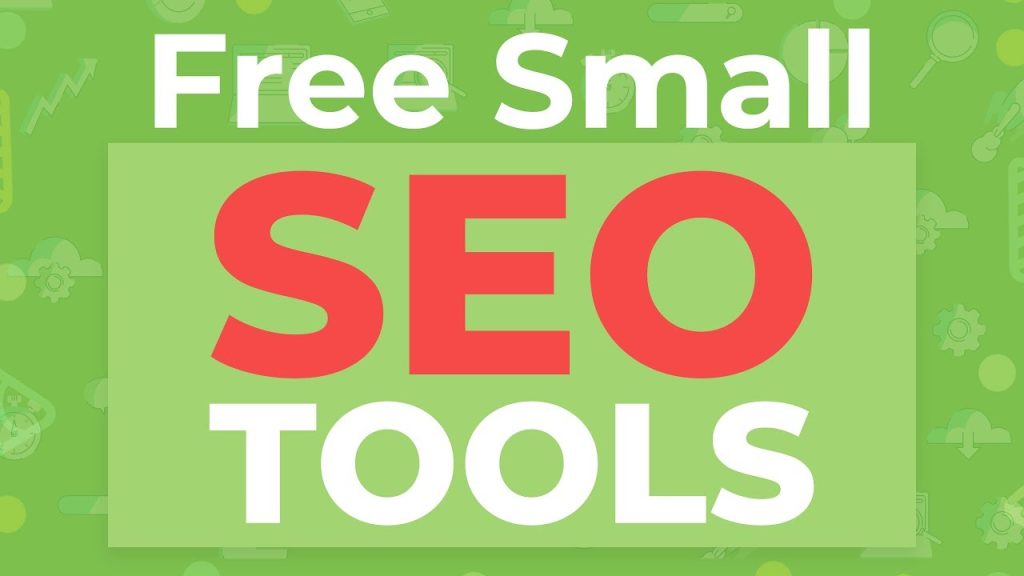Strategic digital marketing is an essential tool for small businesses and enterprises to effectively reach and engage their target audience in today’s fast-paced, digital world. A well-executed digital marketing strategy not only enhances brand awareness but also drives customer acquisition, retention, and growth. To achieve long-term success, small businesses and enterprises must consider a variety of digital channels, each tailored to their unique goals, products, and customer needs. The first step in any successful digital marketing strategy is identifying the target audience. Small businesses must understand their customers’ demographics, interests, and behavior to craft personalized messaging that resonates with them. This audience analysis should inform content creation and campaign design across digital platforms. For instance, content such as blog posts, videos, and social media posts must reflect the brand’s core message while providing value and solutions to the customers’ pain points. By creating content that is informative, engaging, and relevant, businesses can build trust and establish authority within their industry.

Once content is aligned with the target audience, the next step is to focus on wechat notification. Search engine optimization SEO is a fundamental part of any digital marketing strategy, as it helps improve a website’s ranking on search engines, making it more likely to appear in relevant search results. A strong SEO strategy involves keyword research, on-page optimization, and backlink building, ensuring that a business’s website is easy for both users and search engines to navigate. Additionally, local SEO practices are especially important for small businesses aiming to connect with nearby customers. By optimizing for local search terms, businesses can enhance their visibility and drive foot traffic or local inquiries. Social media marketing is another key component. The vast reach of platforms such as Facebook, Instagram, LinkedIn, and Twitter allow businesses to directly engage with their audience and build a community. Social media provides an opportunity to share content, promote offers, and engage in conversations with customers in real time.
Consistency in posting, responding to customer comments, and sharing user-generated content can increase brand loyalty and advocacy. Paid advertising on social media also allows businesses to target specific demographics, interests, and behaviors, ensuring that marketing efforts reach the most relevant audience. In addition to organic strategies, small businesses should also consider leveraging paid search advertising. Pay-per-click PPC campaigns, like those on search engines, can drive immediate traffic to a website and are highly effective when used alongside SEO. PPC allows businesses to bid on keywords related to their products or services, and only pay when users click on the ad. This provides a cost-effective way to drive targeted traffic and generate leads, especially for businesses in competitive industries. Email marketing remains a powerful tool for nurturing customer relationships and encouraging repeat business. By building an email list, businesses can send personalized messages, promotions, and updates directly to their customers. Automation tools can help streamline email campaigns, ensuring timely and relevant communication with the audience.






